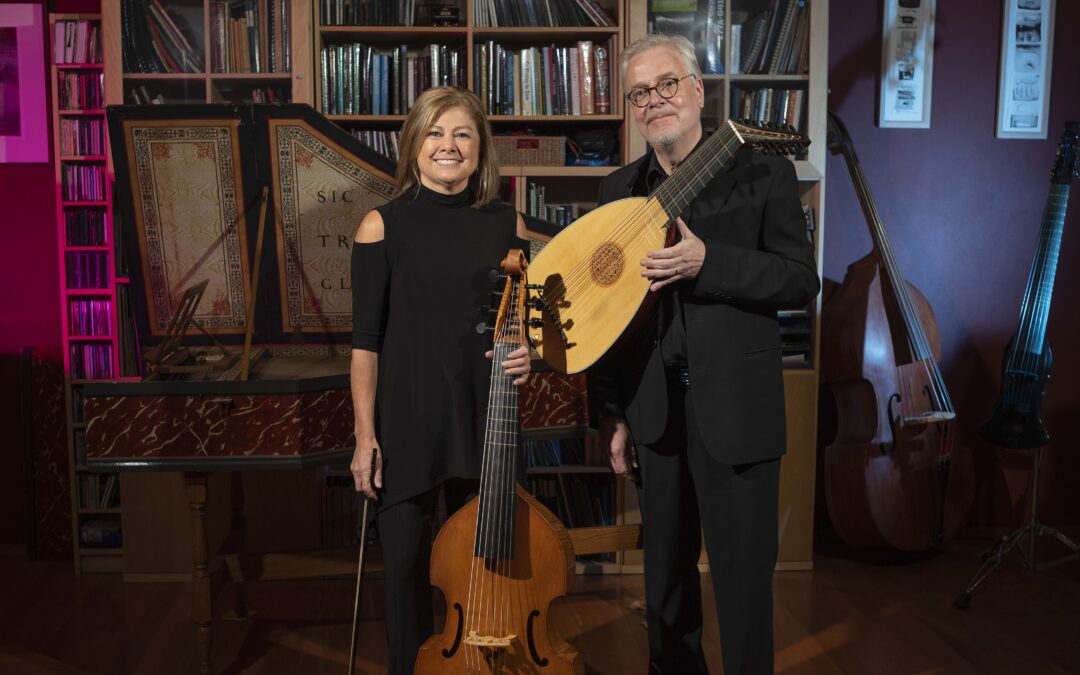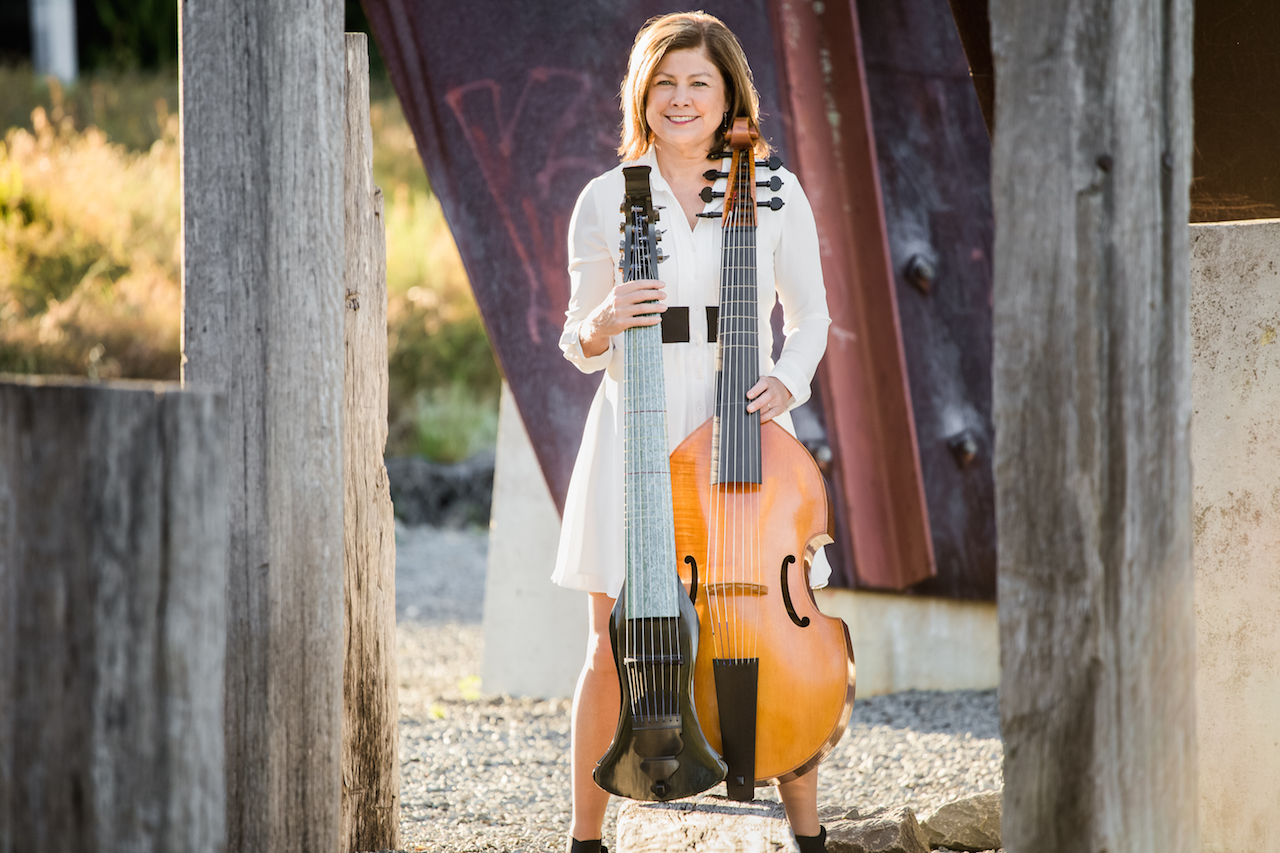Philip Pogson spoke with leading lutenist, Tommie Andersson, about the upcoming Marais Project performances of English lute songs on December 3 & 4.
Philip: Tommie, from your perspective as a lutenist, why do you believe the music of John Dowland remains so popular?
Tommie: There is something timeless and appealing about Dowland’s lute songs. He was a master at crafting beautiful melodies. The harmonies he uses are always intriguing, never banal, or predictable, and the words resonate with us today as well, even after more than 400 years. Performing his songs is a very satisfying experience.
Philip: What are the challenges for a lutenist in performing this music?
Tommie: I read from facsimiles of the original songbooks, so it is quite different from reading modern musical notation. I also read the tablature (a system that tells you exactly where to put your fingers on the lute fingerboard) that Dowland himself set up in each of his songbooks. It would look quite bewildering to most people, but for me it is the most practical and hands-on way to perform. You can’t really get closer to the original source than that!
Philip: Dowland lived quite a turbulent life, including exile to Europe, do you think there is anything special about his later songs that you are performing?
Tommie: Dowland spent a lot of time on the Continent including 8 years at the Danish Court of Christian IV, when he wasn’t away on leave. But he was bitterly disappointed not to be appointed to the post of Lutenist to Queen Elizabeth I. He seems to have been quite the melancholic (or that might have just been a pose) and ended up being a bit bitter in his old age. The songs in A Pilgrime’s Solace are more serious and introspective than in previous books. Here is the final great productive period and the ultimate development of the lute song composed in polyphonic style; a fitting final testament from the 50-year old lutenist and composer.
Philip: John Danyel also features on the program. He is less well known than Dowland so can you tell people are little about his life and music?
Tommie: John Danyel is probably best known as brother of the poet Samuel Danyel. He published only one book of lute songs (in 1606), a work of exceptional quality. In my opinion his songs are up there with the songs of the great master, Dowland. Danyel’s songs are specifically for voice, lute, and viol, while most of Dowland’s songs can be performed with four voices and lute, with voice, viol consort and lute, or with voice, lute and optional viol, and other combinations.
Philip: Finally, do you have a favourite Dowland song?
Tommie: THE Dowland song would have to be Flow my Teares; also known as Lachrimæ. It achieved extraordinary popularity all over Europe and appears in all kinds of arrangements in manuscripts everywhere. Definitely the “Top of the Pops” of the time! I have other favourites too (there are so many!) like Come heavy sleepe, Sorrow stay, and In Darknesse let me dwell – you can see what I mean about the melancholy Dowland!
_________________________________________________
The Marais Project performs ‘A Pilgrime’s Solace’ at the Choirs Rehearsal Studio & ADCH
4pm Saturday December 3, 2022 Tickets $24 https://www.australiandigitalconcerthall.com/#/item/100445
3pm Sunday December 4, 2022 | Tickets $45/30 children & students $20
Bookings: https://events.humanitix.com/the-marais-project-or-a-pilgrime-s-solace
Media: for more information, artist details, photos, review tickets, interviews & more, contact Philip Pogson m: 0412 459 156 e: philippogson@theleadingpartnership.com.au or Jenny Eriksson m: 0412 459 155 e: jennyeriksson212@gmail.com


